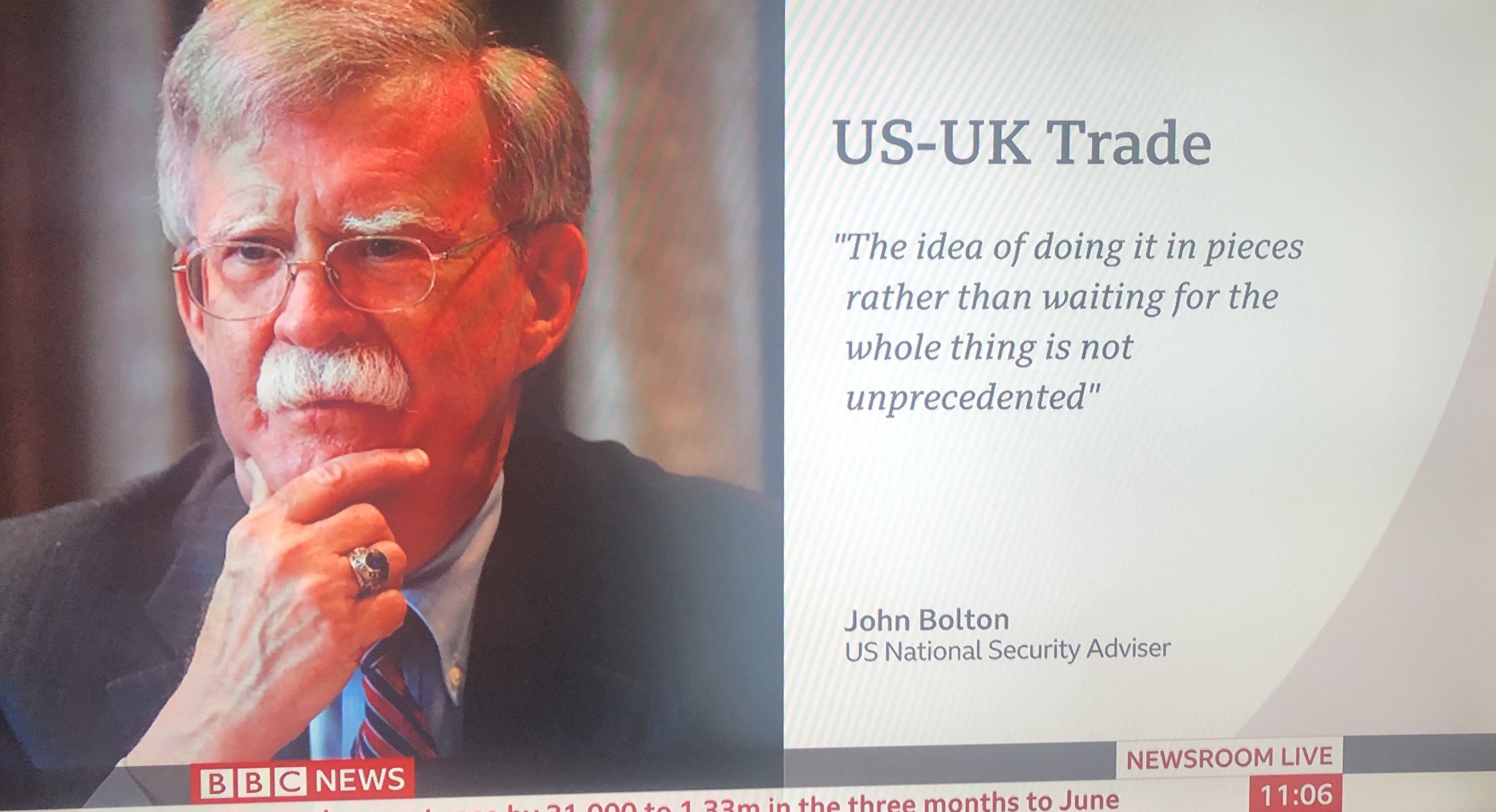Brexit coming up, the need for customs knowledge is greater than ever before. The UK Customs Academy, which launched yesterday, gives businesses an opportunity to acquire the competencies they need. Thirty years ago, companies had in-house import/export expertise, but this requirement declined whilst the UK was in the EU. Now that the UK is leaving, traders need to re-familiarize themselves with the requirements of international trade.

HMRC awarded KGH Customs Services, alongside partners at the Institute of Export and International Trade and the Centre for Customs and Excise Studies, the contract to design, develop, implement and operate the UK Customs Academy, featuring digital training for the private sector in general, as well as specific training for customs brokers and the professional service provider sector.
The first course is now live. The Customs Practice & Procedure Award helps both importing and exporting companies to understand the Customs requirements and procedures in order to be compliant – enabling them to check upon the work of their brokers. The follow-up course, live mid-September, “Certificate in Customs Compliance” is tailored to Customs brokers and goes into the practical aspects of the preparation of Customs declarations. Further courses go all the way up to the level of Master of Customs Administration.
You find the digital Customs Academy here: UK Customs Academy
We are one of the globally leading Customs consulting and education companies in our field, Customs, borders and trade – and we are proud to provide instruments for competence, compliance and capacity building also in the UK.
The UK Customs Academy is a timely initiative of HMRC to help the UK private sector, especially in relation to Brexit when many companies will be involved in border formalities and customs administration of foreign trade for the first time”
BBC reports that U.S. security Advisor John Bolton has said that UK is ‘front of the queue’ for US trade deal.

In 2016, then-President Barack Obama said the UK would be ” at the back of the queue ” for a US trade deal if the country voted to leave the European Union. Three years on, President Trump’s national security adviser John Bolton has said the UK is “constantly at the front of the trade queue – or line, as we say”.

Mr Bolton – who was speaking during a visit to the UK – said a deal, or a series of smaller deals, could be reached “very quickly”.
He also said the US supported a no-deal Brexit, and claimed he and President Trump were “leavers before there were leavers”. “The fashion in the European Union when the people vote the wrong way from the way that the elites want to go is to make the peasants vote again and again until they get it right,” he added.
Source: BBC News
When AI projects fail, it is often a matter of flaws in your data. It is important to learn from mistakes and see it all in the long term to get AI on the track.

A year and a half ago, the US mortgage company Mr Cooper introduced a recommendation system in its customer service. The system would provide suggestions on how to solve customer problems.
After nine months, it was realized that no one was using the system. And it took another six months to figure out why. It tells the cio Shridar Sharma to our US sister site CIO.com.
The reason was simply that the system’s recommendations were not relevant. However, this was not due to the algorithms, but to training them on data that was based on the technical descriptions of the customers’ problems and not on how the customers themselves described the problems with their own words.
Unfortunately, this is nothing unusual. In a recent IDC survey, only about 30 percent of companies said they had succeeded in 90 percent of cases with their AI projects.
Many companies have trouble producing accurate data to train their machine learning algorithms If data has not been properly categorized then people need to take the time to arrange it and it can delay projects or cause them to fail.
Another problem is that you simply do not have the data required for the project.
Data can be found in excessive amounts too – and in too many different places.
Another obstacle to AI projects is when companies rely on historical data instead of current data in their training sets. Often, systems trained on static historical data for real-time data do not work according to Andreas Braun, an analyst at Accenture.
There can be a big difference in the selection of historical data and the data that a system spits out in real time – for example, in the case of detecting fraud or money laundering because the models have not been trained to notice small changes in behavior.
Source: Computer Sweden






You must be logged in to post a comment.